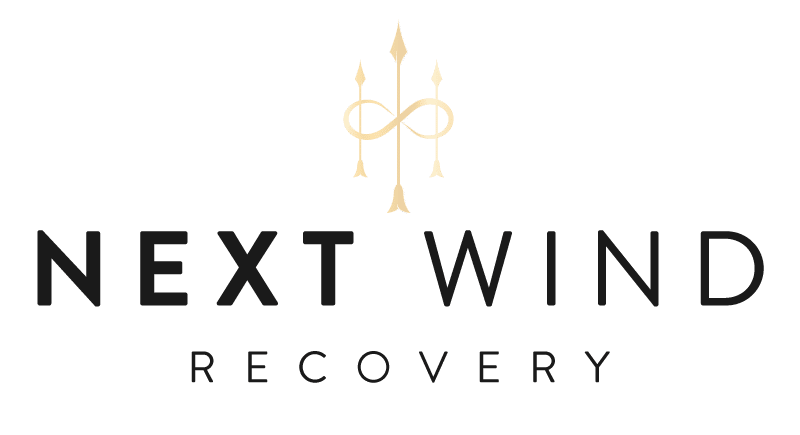Understanding the Alarming Rise of Prescription Opioid Abuse: Shedding Light on a Growing Epidemic
Prescription opioid abuse is a significant and rapidly growing problem in our society. These medications meant to help individuals get better or feel better are becoming an addiction that is causing multiple problems for individuals, families, and their communities.
Next Wind Recovery can help those struggling with prescription opioid addiction. With our comprehensive addiction treatment center, individuals can battle the challenge of prescription drug addiction and work towards sobriety.
Prescription opioid abuse is not the end. Get help today with Next Wind Recovery. Our top-rated drug rehab in New Jersey can help.
Understanding the Rise of Prescription Opioid Abuse
Prescription opioid abuse refers to the misuse of opioid medications that a healthcare professional has prescribed. These medications, such as oxycodone, hydrocodone, and fentanyl, are commonly prescribed to manage severe pain. Unfortunately, the misuse of these medications has become alarmingly prevalent in recent years.
One of the key factors contributing to the rise of prescription opioid abuse is the widespread availability of these drugs. They are often prescribed for pain management following surgeries or injuries, and patients may continue to use them even after the pain has subsided. Additionally, some individuals obtain prescription opioids illegally, such as by buying them from others or forging prescriptions.
The Impact of Prescription Opioid Addiction
Prescription opioid addiction can have a profound and lasting impact on an individual’s life. Physically, it can lead to respiratory depression, constipation, and an increased risk of overdose. Psychologically, it can cause mood swings, anxiety, and depression. Socially, it can strain relationships, lead to job loss, and contribute to financial difficulties.
Furthermore, the impact of prescription opioid addiction extends beyond the individual. Families and communities are also affected as they cope with the emotional and financial burdens associated with addiction. The alarming rise of prescription opioid abuse has led to increased rates of overdose deaths and a strain on healthcare systems that are struggling to respond effectively.
Causes and Risk Factors of Prescription Opioid Abuse
Prescription opioid abuse can have various causes and risk factors. One of the primary causes is the addictive nature of these medications. Opioids interact with the brain’s reward system, producing euphoria and pleasure. This can lead to a cycle of dependence and addiction.
Some individuals may be at a higher risk of developing prescription opioid addiction due to genetic factors. Others may have a history of substance abuse or a co-occurring mental health disorder, such as depression or anxiety. Environmental factors, such as easy access to prescription opioids or a lack of social support, can also contribute to the development of addiction.
Signs and Symptoms of Prescription Opioid Abuse
Recognizing the signs and symptoms of prescription opioid abuse is crucial for early intervention and treatment. Some common signs include:
- Physical symptoms: drowsiness, constricted pupils, slurred speech, and impaired coordination.
- Behavioral changes: increased secrecy, social withdrawal, and neglecting responsibilities.
- Psychological symptoms: mood swings, agitation, and irritability.
- Financial difficulties: borrowing money or selling personal belongings to obtain more opioids.
- Relationship problems: conflicts with family members, friends, and coworkers.
If you or someone you know is exhibiting these signs, seeking help from a professional addiction treatment facility like Next Wind Recovery is essential.
The Dangers of Prescription Opioid Misuse
Misusing prescription opioids can have severe consequences. One of the primary dangers is the risk of overdose. Opioids suppress the central nervous system, including the respiratory system. Taking high doses or combining opioids with other substances, such as alcohol, can lead to respiratory failure and death.
Long-term misuse of prescription opioids can also lead to physical dependence and addiction. Individuals may experience withdrawal symptoms when they try to stop using opioids, making it challenging to break free from the cycle of addiction.
Additionally, the misuse of prescription opioids can contribute to developing mental health disorders, such as depression and anxiety. It can also impact cognitive function and impair decision-making abilities.
Treatment Options for Prescription Opioid Addiction
Fortunately, effective treatment options are available for individuals struggling with prescription opioid addiction. At Next Wind Recovery, we provide a comprehensive and individualized approach to addiction treatment.
One of the primary treatment modalities for prescription opioid addiction is medication-assisted treatment (MAT). MAT combines the use of FDA-approved medications, such as buprenorphine or methadone, with counseling and behavioral therapies. These medications help to reduce cravings and withdrawal symptoms, allowing individuals to focus on their recovery.
In addition to MAT, Next Wind Recovery offers a range of holistic therapies, including individual and group counseling, art therapy, mindfulness practices, and yoga. These therapies address the underlying causes of addiction and provide individuals with the tools and coping strategies they need to maintain long-term recovery.
Taking Action Against Prescription Opioid Addiction with Next Wind Recovery
If you or someone you know is struggling with prescription opioid addiction, Next Wind Recovery is here to help. Our New Jersey residential inpatient rehab treatment facility is designed to provide each individual with the most supportive individualized addiction treatment. Our dedicated staff is trained to support individuals with multiple mental health concerns and address those concerns through holistic treatment approaches.
Don’t let prescription opioid addiction continue to take control of your life. Contact Next Wind Recovery today and take the first step towards a healthier and happier future.








